
Just How Many Crystals ARE There? Diversity of Earth's Crystals
Partager
How Many Crystals Are There?
When you start your journey into the captivating world of crystals and gemstones, one of the first questions that may come to mind is: just how many different types of crystals exist in total?
The answer, it turns out, is far from simple. Mineralogists and scientists have identified and documented thousands upon thousands of unique crystal varieties found naturally in Earth's crust. And the number continues growing as new discoveries are made!
So while pinpointing an exact figure for the total number of crystals is nearly impossible, we can explore some insights into this fascinating question. Here's a deeper dive into the staggering diversity of our planet's crystalline treasures.
Core types of crystals recognized by geology and mineralogy:
Minerals make up the foundation for most crystals we know and cherish. According to the International Mineralogical Association (IMA), there are currently over 5,700 approved distinct mineral species on Earth.
Each individual mineral exhibits its own unique chemical composition and crystal structure. Well-known mineral varieties include quartz, amethyst, ruby, emerald, topaz, and diamond - to name just a tiny fraction!

Building on the diversity of minerals, we also have hundreds of thousands of different crystal varieties and formations in existence. That's because even within a single mineral species, there can be:
- Different crystal systems (cubic, hexagonal, etc.)
- Structural variations like massive vs. crystalline forms
- Colors created by the presence of various elements and compounds
- Unique inclusions, formations, and one-of-a-kind specimens
For example, the mineral beryl alone has over a dozen different color varieties like emerald, aquamarine, morganite, red beryl, and more - each with its own look and properties.
Then we have naturally-occurring combinations and formations like crystal clusters, stalactites, geodes, and other structures composed of multiple mineral types binding together.

On top of that, new man-made manufacturing processes have also enabled creating synthetic, lab-grown crystals that mimic real mineral specimens. While not naturally-occurring, these contribute to the ever-expanding diversity of crystal types.
When you start tallying up all the mineral species, color varieties, formations, synthetics, and newly discovered rarities, most experts estimate the total number of unique crystals to be well into the hundreds of thousands, if not millions!
And that number just continues growing every year thanks to advances in science, mining, and the insatiable curiosity of crystal collectors and researchers.
Conclusion
So while we may never reach a finite number to answer "how many crystals are there in total?", one thing is certain - the sheer variety and abundance of our planet's crystal kingdom is something to celebrate.
So keep exploring, discovering, and allowing yourself to be awed by the sheer brilliance and innumerable crystal varieties studding our world!
Refrences:
https://mineralogy-ima.org/

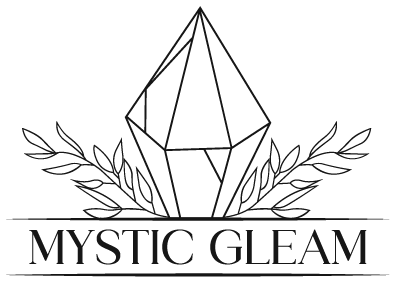


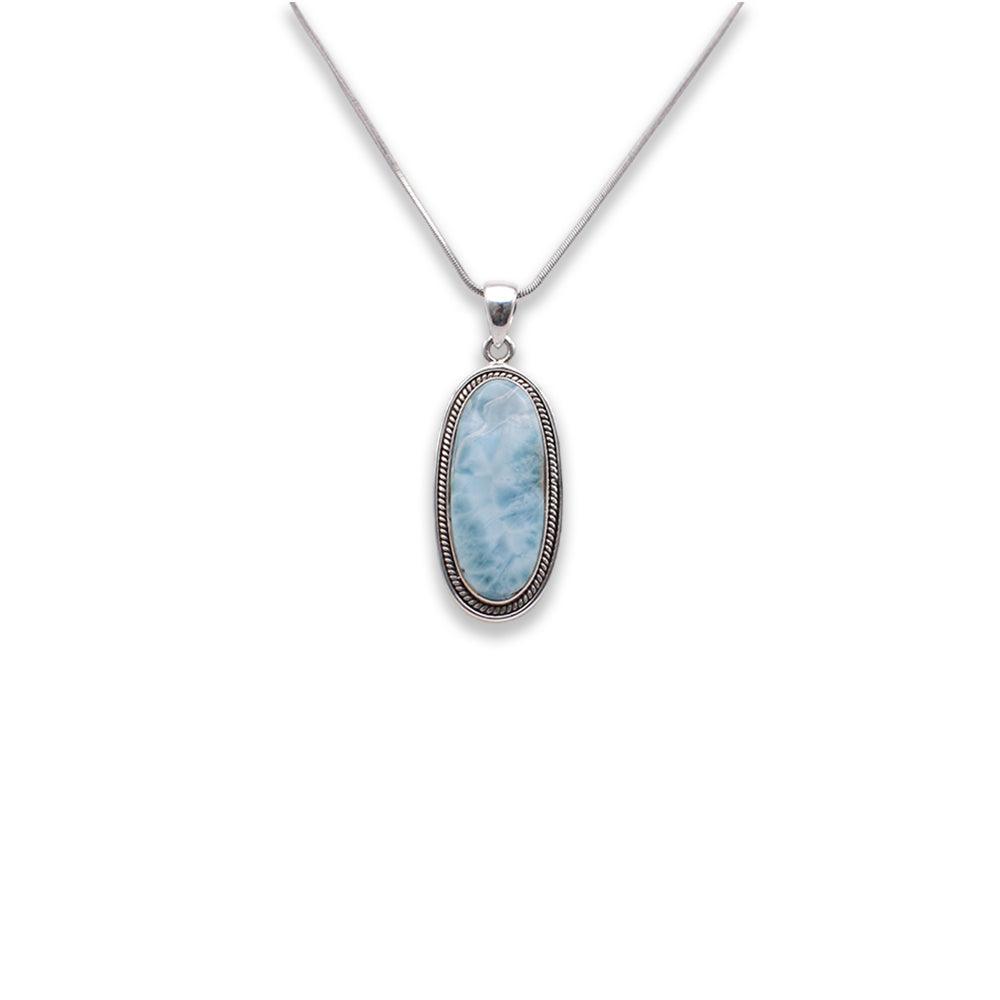
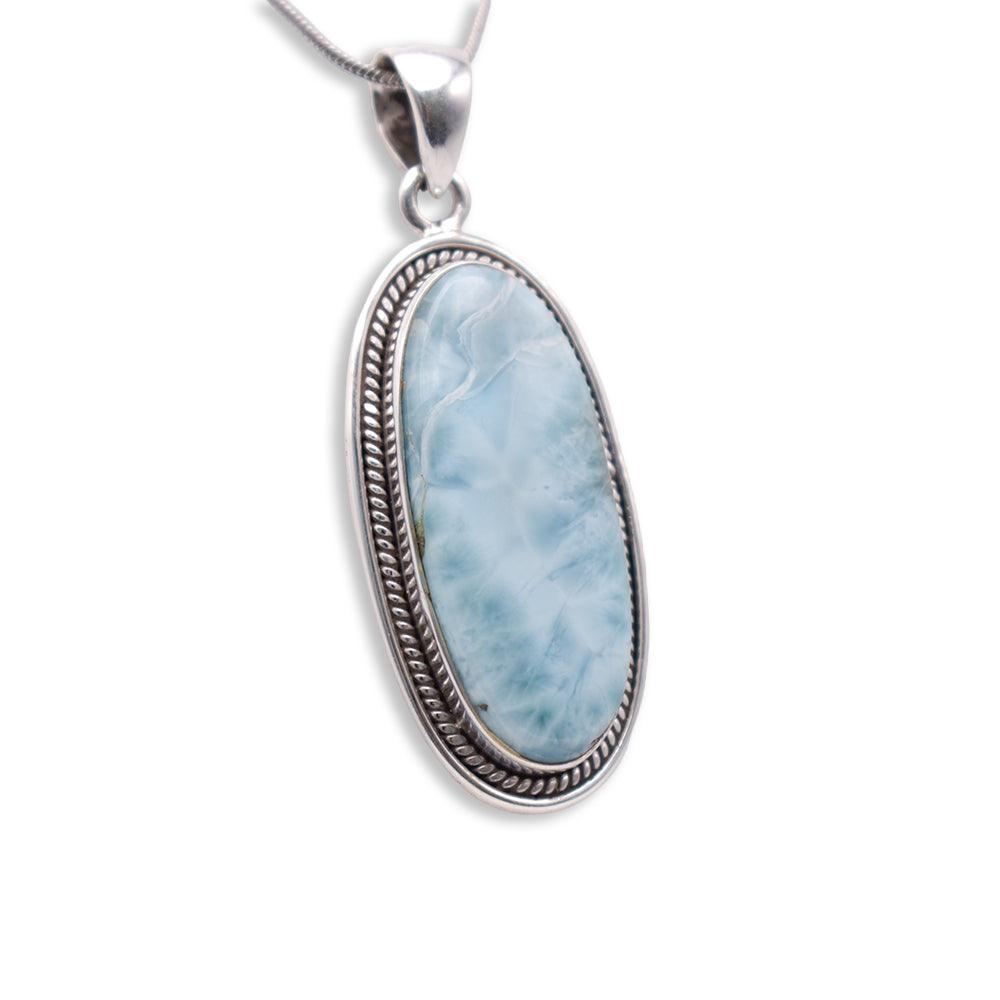
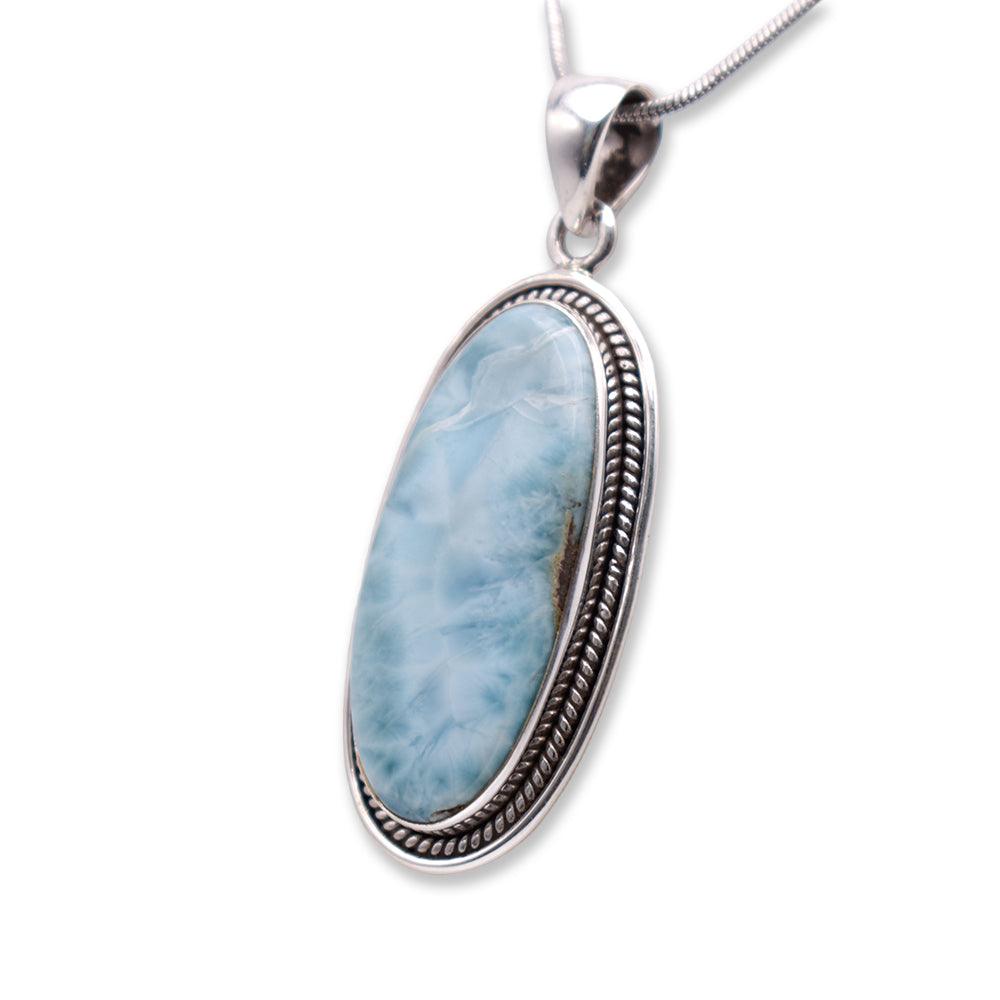
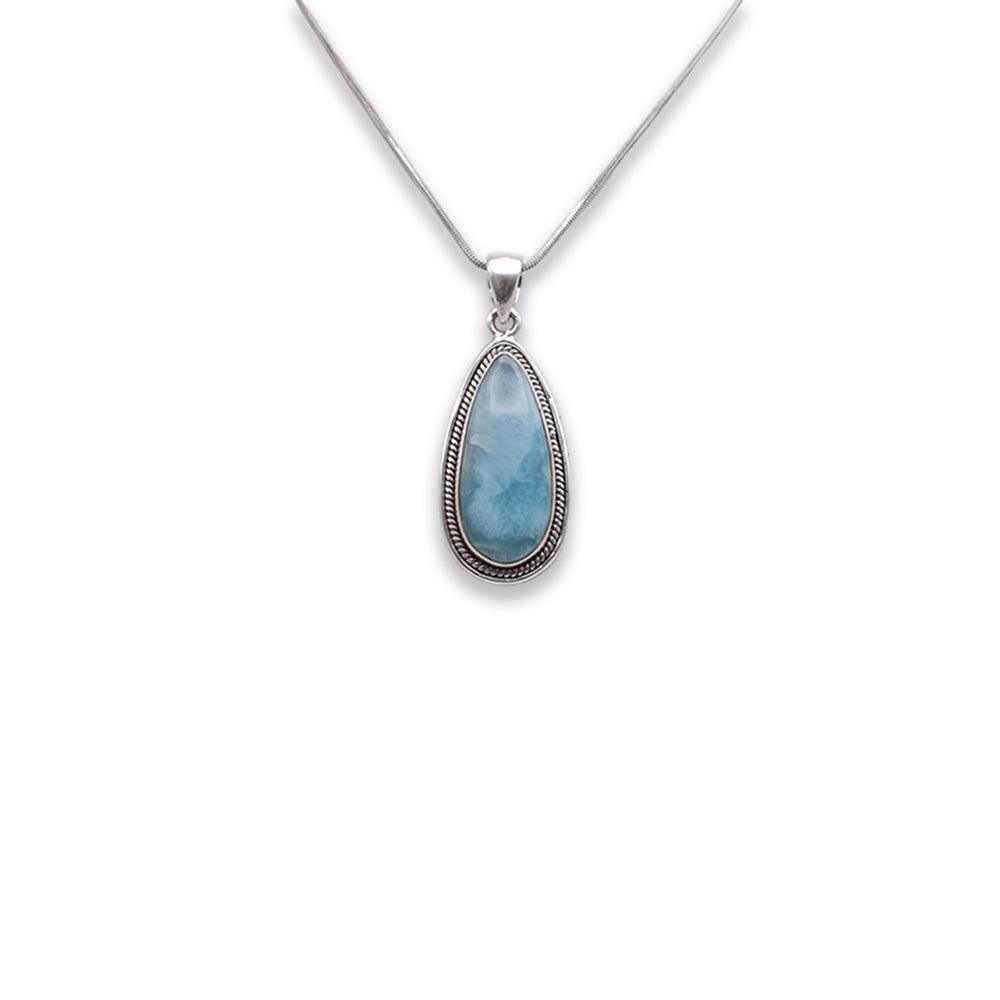
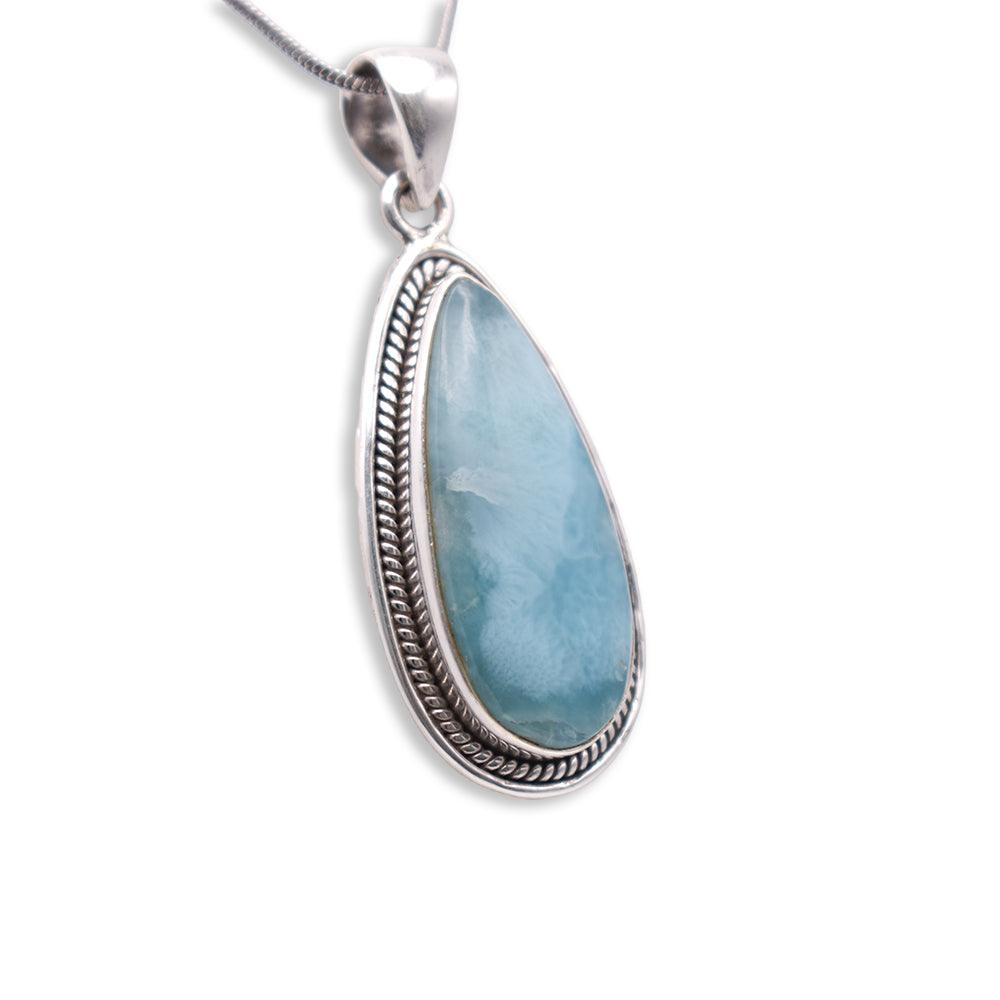
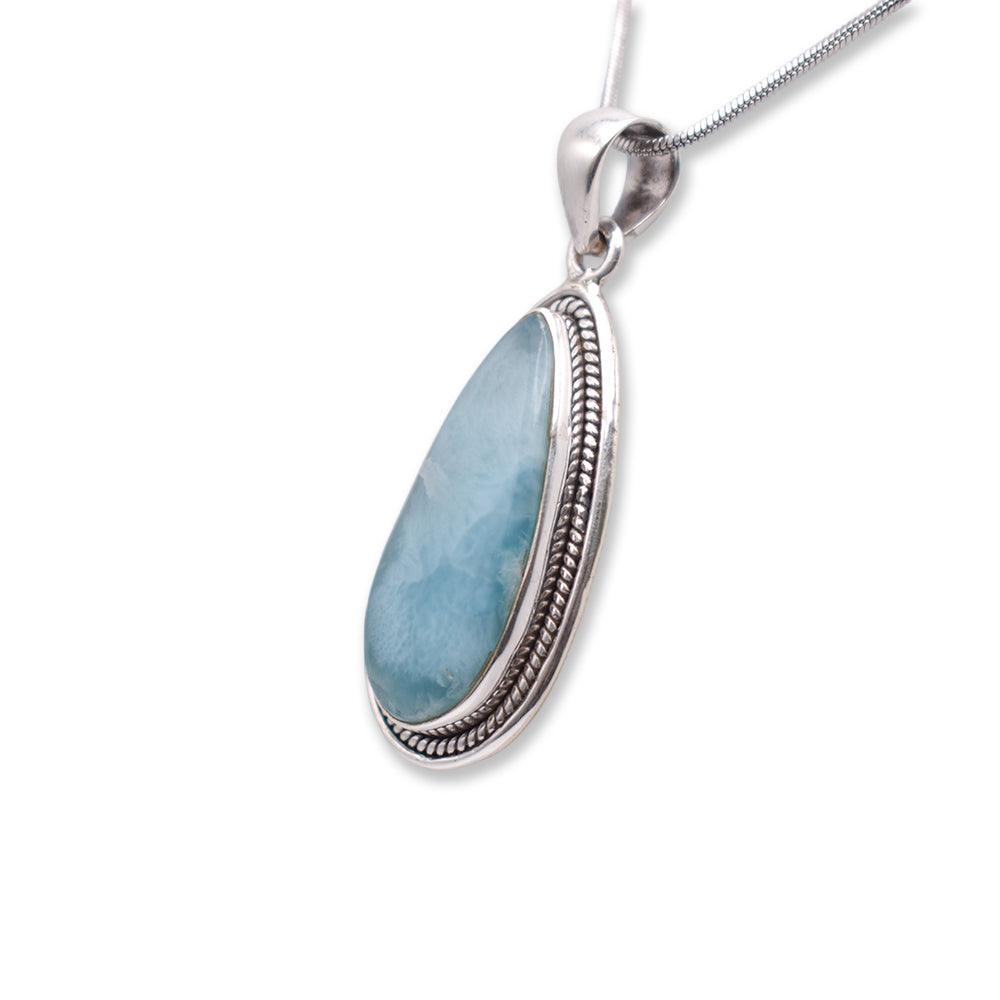
1 commentaire
can you please tell me what temperature different crystals grow in.